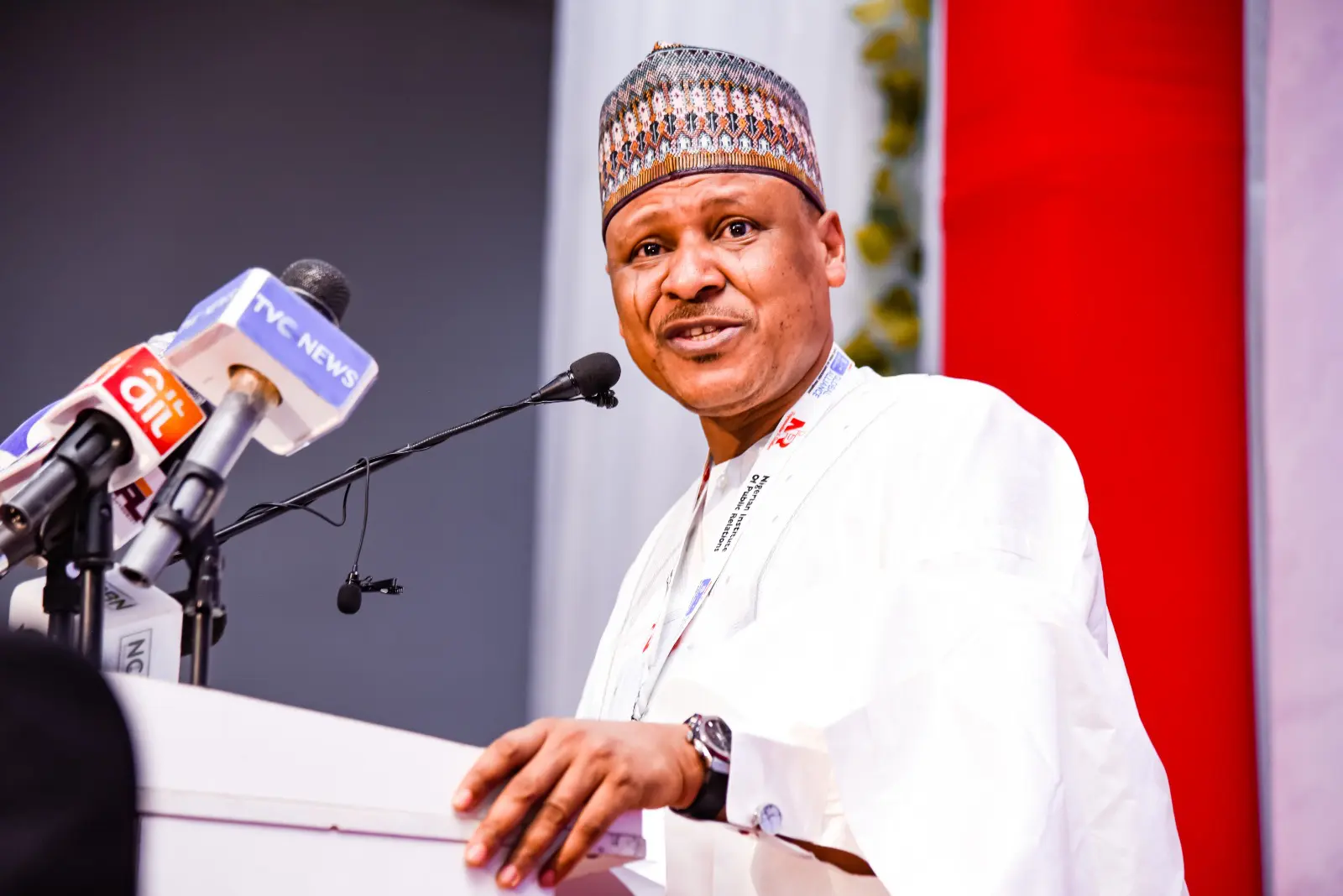The Minister of Information and National Orientation, Mohammed Idris, has stated that the federal government cannot sustain the N494,000 minimum wage demanded by organized labour for Nigerian workers. He explained that this would result in an unsustainable annual bill of N9.5 trillion.
This was revealed in a statement by Rabiu Ibrahim, the Minister’s Special Assistant (Media), on Saturday, June 1.
Economic Impact of the Demands
Idris emphasized, “The N494,000 national minimum wage being demanded by organized labour, which totals N9.5 trillion annually, could destabilize the economy and jeopardize the welfare of over 200 million Nigerians.”
Planned Nationwide Strike
The Nigeria Labour Congress (NLC) and Trade Union Congress (TUC) have announced a nationwide strike that will begin on Monday, June 3rd, 2024. This strike follows the tripartite committee’s failure to agree on a new minimum wage for workers.
In January, the federal government established a 37-member tripartite committee to recommend a new national minimum wage. This committee included representatives from federal and state governments, the private sector, and organized labour.
The decision to strike came after the federal government missed the deadline to finalize negotiations on a new minimum wage by the end of May.
Private Sector Agreement
Ajayi Kadri, Director-General of the Manufacturing Association of Nigeria (MAN), confirmed on television that the private sector agreed with the federal government’s proposal for a N60,000 minimum wage.
Government’s Stance
In response to the strike threat, Idris urged organized labour to accept the government’s proposed N60,000 minimum wage, representing a 100% increase from the 2019 minimum wage. He warned that organized labour’s demands could lead to massive job losses and other negative economic impacts.
“The government’s new minimum wage proposal is a 100% increase from 2019. Labour’s demand of N494,000 would be a 1,547% increase, totalling N9.5 trillion annually,” Idris explained.
He stressed that President Bola Ahmed Tinubu prioritizes the welfare of over 200 million Nigerians and will not support actions that could lead to job losses, especially in the private sector, which may struggle to meet the wage demands.
Call for Negotiation
Idris appealed to organized labour to return to negotiations and consider realistic wage demands. He assured that the current wage award of N35,000 for federal workers would continue until a new national minimum wage is established.
Labour representatives have accused the government of not providing sufficient data to support their wage offer, further complicating the situation. The ongoing rift between organized labour and successive governments has often resulted in legal disputes.











